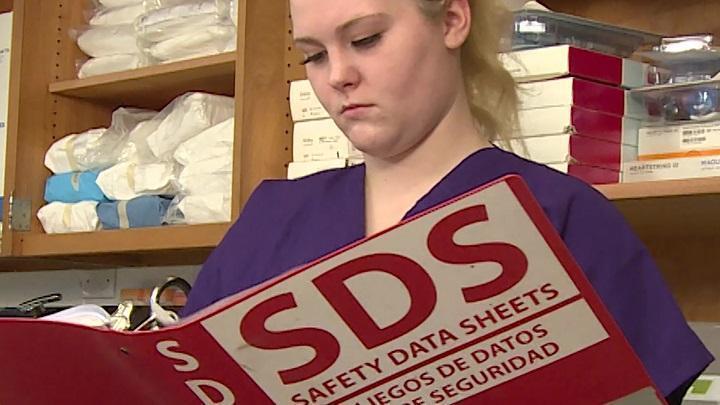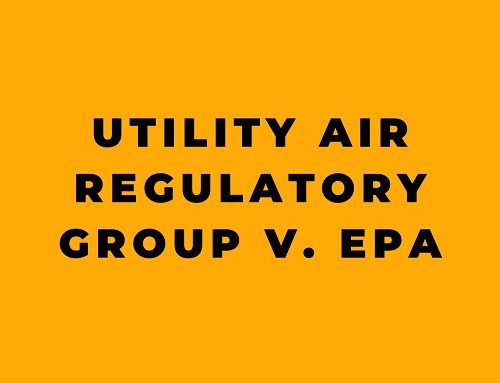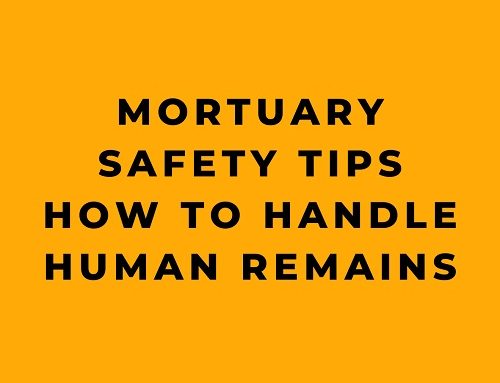Hazard communication is crucial in any healthcare environment, as healthcare workers are often exposed to a wide range of hazards on the job. By providing workers with the information they need to handle the hazards they may encounter safely, employers can help to protect their workers from potential harm and ensure that their workplace is as safe as possible.
Effective hazard communication in healthcare environments involves various tactics and strategies. For example, warning labels and other forms of signage can be used to indicate the presence of hazardous materials and equipment and to provide workers with information about how to handle these hazards safely. This can include the appropriate protective gear, emergency procedures to follow in case of spills or accidents, and other important safety information.
In addition to warning labels and signage, training programs can be an effective way to ensure that healthcare workers are properly prepared to handle the hazards they may encounter on the job. Training programs can provide workers with the knowledge and skills they need to handle hazardous materials and equipment safely and to recognize and avoid potential hazards in their work environment. This can include things like how to store and dispose of hazardous materials properly, how to identify potential hazards, and how to respond to emergencies.
By providing workers with the information and training they need to safely handle the hazards they may encounter on the job, employers can help to protect their workers from potential harm and ensure that their workplace is as safe as possible. By taking the time to implement effective hazard communication strategies, employers can help to create a safer and more secure work environment for their employees.
Do you need Online Training for Hazard Communication in Healthcare?
Try a free demonstration of our Hazard Communication in Healthcare training, where you can see the full content of the training program and how the system works from the perspective of the trainee:










